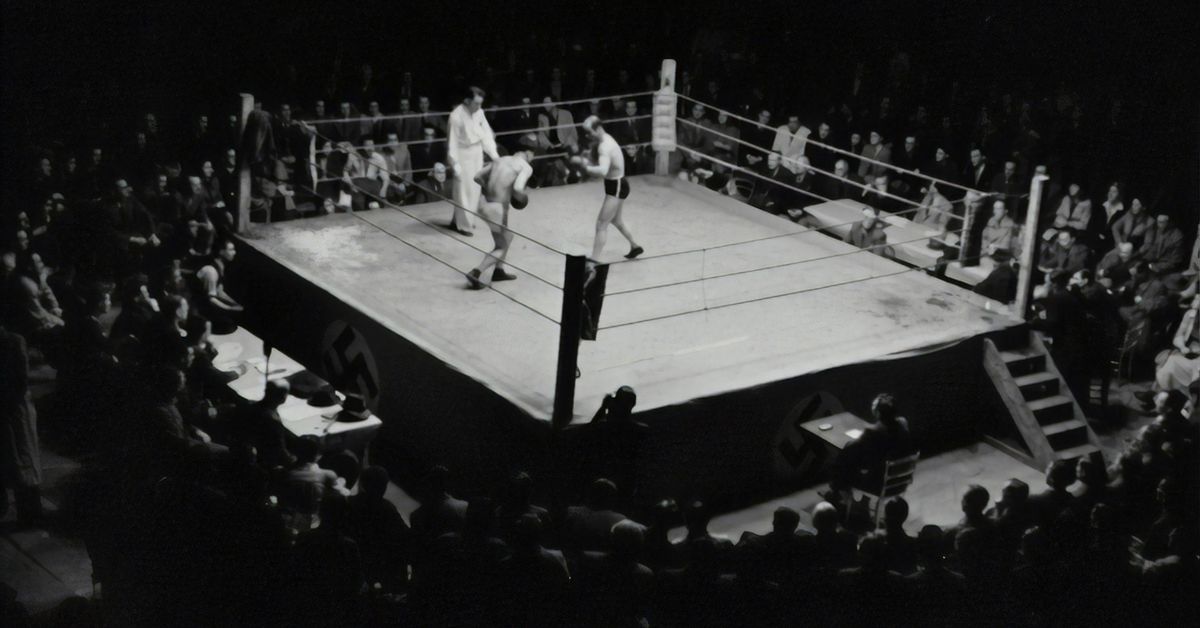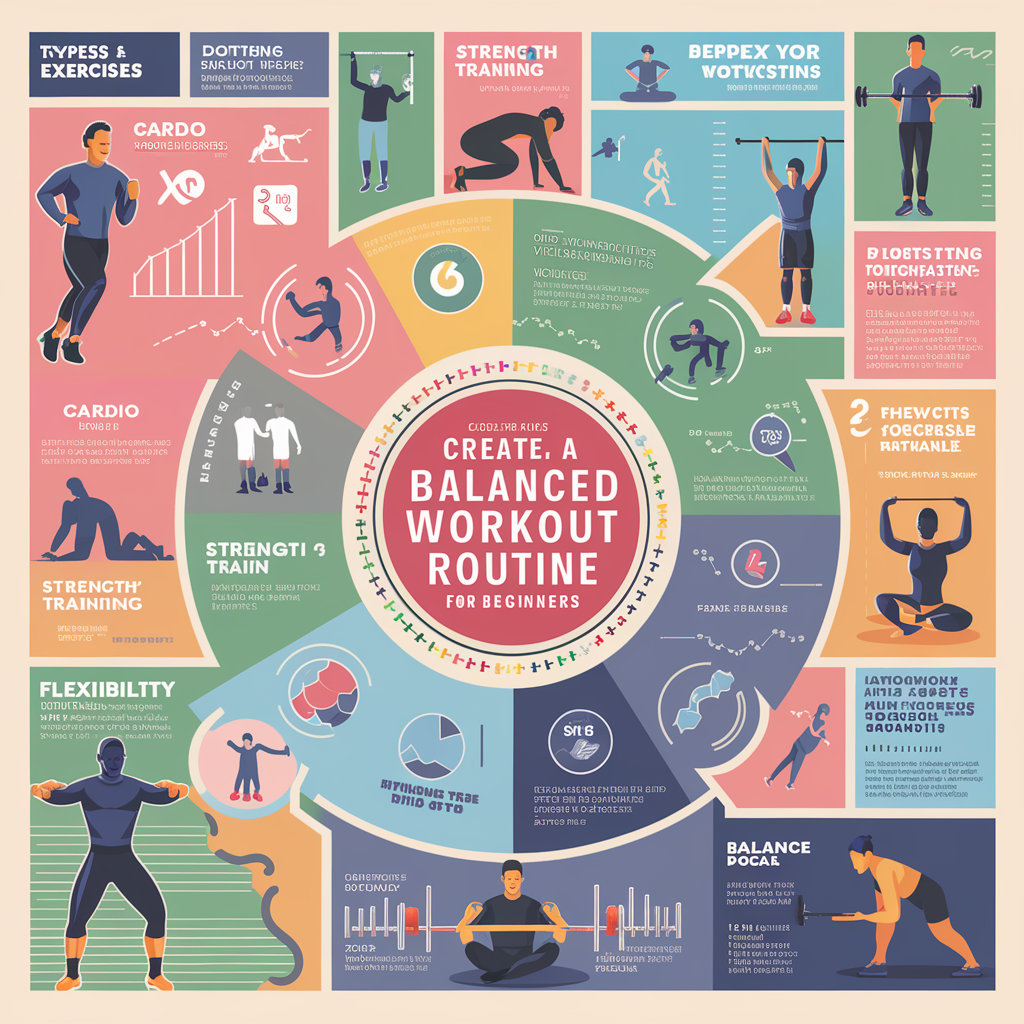Unlock the Ultimate Meal Planning Secrets That Elite Athletes Swear By
When it comes to peak performance, athletes know that hitting the gym or the field is only half the battle. The other half? Fueling their bodies with the right nutrients. It struck me one day while watching a documentary on elite athletes—those who can run marathons, jump higher than I can dream, and swim faster than I can walk—how much of their success hinges on something as simple as food. Yes, meal planning is the unsung hero of athletic prowess, and today, we’re diving into the secrets that these champions swear by.
Understanding the Basics of Athlete Nutrition
Let’s start with the foundation of meal planning for athletes. You might think it’s all about gorging on protein or chugging down smoothies, but the reality is a bit more nuanced. Most elite athletes follow a tailored diet that aligns with their unique needs and goals, which can vary drastically depending on the sport. For instance, a sprinter’s requirements will look different than those of a long-distance runner, not to mention the differences between a football player and a swimmer.
The underlying principles of their diets, however, remain consistent. Here are a few cornerstones:
- Carbohydrates are Key: Many athletes consume 55-65% of their daily calories from carbs. This fuels their workouts and aids recovery.
- Protein for Repair: A solid 10-35% of their intake is protein, which helps repair muscles after strenuous activity.
- Fats Matter: Healthy fats provide energy and support cellular functions, making up about 20-35% of their diet.
Some studies suggest that the timing of these macronutrients can significantly impact performance. For example, consuming carbohydrates before an event can enhance endurance, while protein intake post-exercise is crucial for muscle recovery.
The Power of Meal Timing
Ever heard the saying, “You are what you eat”? Well, I think it should be “You are when you eat.” The timing of meals is something elite athletes don’t overlook. Many of them follow a schedule that aligns their meals with their training sessions. For example, they might eat a carbohydrate-rich meal 2-3 hours before an intense workout to ensure they have the energy to perform.
Let’s break down the meal timing strategy that some top athletes use:
- Pre-Workout Fuel: A meal high in carbs, moderate in protein, and low in fat can help provide sustained energy. Think oatmeal with fruit or a banana with a scoop of peanut butter.
- Post-Workout Recovery: Within 30 minutes after exercise, athletes often consume a mix of protein and carbs to kickstart muscle recovery. Chocolate milk has emerged as a surprisingly popular choice—who knew?
- Regular Meals: Maintaining a consistent eating schedule helps regulate energy levels and keeps hunger at bay, which is vital for endurance and strength training.
It’s fascinating to see how something as simple as timing can dramatically affect performance. I remember chatting with a triathlete who said that missing his pre-race meal once left him feeling like he was running on empty—quite literally!
Hydration—The Unsung Hero
If you think meal planning is all about what goes on your plate, think again. Hydration plays a crucial role in an athlete’s performance. During my years of covering various sports events, I’ve seen athletes take hydration to levels that might seem obsessive—but it’s for good reason.
Dehydration can lead to fatigue, decreased coordination, and impaired performance. Some athletes swear by electrolyte drinks, while others prefer plain old water. It’s all about finding what works for their body. Here are some hydration tips drawn from the practices of elite athletes:
- Start Early: Drinking water throughout the day is essential, not just during workouts.
- Monitor Urine Color: A quick glance can tell you if you’re well-hydrated. Aim for light yellow!
- Practice Hydration Strategies: During training, athletes often test different hydration strategies to see what works best for them during competitions.
One triathlete I spoke with had a hydration plan that included drinking 500ml of water before each meal and adding electrolyte tablets to his drinks during long training sessions. He said it made a world of difference in his stamina.
Meal Planning Strategies
So, how do elite athletes plan their meals? It’s not just guesswork! There’s a method to the madness, often involving meticulous planning and preparation. Here are some strategies that could help anyone looking to up their meal game:
1. Batch Cooking
This is a game-changer. Many athletes spend a few hours on the weekend preparing meals for the week ahead. This not only saves time but also ensures that they have nutritious options on hand when hunger strikes. Think grilled chicken, roasted vegetables, and quinoa portioned into individual containers.
2. Use a Meal Planner
Just like a game plan, a meal planner helps athletes visualize their week. This can be a simple spreadsheet or an app that tracks what they’re eating and when. It often includes prep times, shopping lists, and nutritional breakdowns.
3. Incorporate Variety
Eating the same thing day in and day out can quickly become boring. Elite athletes often experiment with different recipes and ingredients to keep things fresh. They might try out new grains, like farro or millet, or explore various cooking methods (grilling, steaming, roasting). It’s all about making meal prep enjoyable, rather than a chore.
4. Snack Smart
Snacking is an essential part of an athlete’s diet. It keeps energy levels stable and prevents overeating at meal times. Elite athletes often have healthy snacks on hand, such as nuts, yogurt, or energy bars. One athlete I spoke with had a drawer dedicated to snacks—it’s like a treasure trove of energy!
What to Avoid
In the quest for optimal performance, it’s equally important to identify what not to eat. This doesn’t mean completely eliminating certain foods (let’s be real, who can resist pizza?), but rather being mindful of choices that can hinder performance. Here are a few pitfalls:
- Highly Processed Foods: These often contain hidden sugars and unhealthy fats that can lead to energy crashes.
- Excessive Caffeine: While a little caffeine can boost performance, too much can lead to jitters and dehydration.
- Skipping Meals: This is a big no-no. It can lead to fatigue and poor performance.
I remember my friend, a former collegiate athlete, who swore by his “cheat day” but ended up regretting it after a mountain of nachos before a big game. Lesson learned: balance is key!
Personalizing the Plan
What works for one athlete may not work for another. Personalization is crucial in meal planning. Some athletes might thrive on a high-carb diet, while others might feel better with more protein. This is where working with nutritionists can be invaluable. They can tailor meal plans based on body composition, metabolic rates, and specific training goals.
One nutritionist I spoke to emphasizes the importance of not just looking at the food but also considering the athlete’s lifestyle, preferences, and even cultural factors. Food is not just fuel; it’s also a source of joy and connection.
Emerging Trends in Athlete Nutrition
As the world of sports evolves, so does the approach to nutrition. Here are a few trends that have caught my eye recently among elite athletes:
1. Plant-Based Diets
More and more athletes are adopting plant-based diets, claiming increased energy and faster recovery times. It’s interesting to see how this trend has gained traction, with even elite athletes like Venus Williams and Lewis Hamilton advocating for vegan diets. Could broccoli really be the new secret sauce?
2. Intermittent Fasting
While this doesn’t suit everyone, some athletes have found success with intermittent fasting, which involves cycling between eating and fasting periods. This approach can help with weight management and metabolic health, though it’s essential to ensure that nutritional needs are still met.
3. Supplements
From protein powders to omega-3s, many athletes incorporate supplements into their diets. However, the key is to remember that supplements should complement a well-rounded diet— not replace it. Professional advice is vital here, as not all supplements are created equal.
Practical Tips for Aspiring Athletes
For those of us not quite at the elite athlete level but still looking to enhance our nutrition game, here are some practical tips:
- Start Small: Begin by planning one meal a week. Gradually increase to more as you get comfortable.
- Experiment: Don’t be afraid to try new recipes and foods. You never know what you might love!
- Listen to Your Body: Pay attention to how different foods affect your performance and energy levels. Adjust accordingly.
As I reflect on my own journey toward healthier eating, I remember the joy of finally mastering a recipe that had once seemed daunting. It’s all about progress, not perfection.
Conclusion: The Journey to Optimal Performance
In the end, meal planning is a journey toward optimal performance, and one that elite athletes have honed to perfection. Whether you’re a weekend warrior or an aspiring pro, understanding the principles behind their food choices can lead to significant improvements in your own performance and overall health.
So, what’s stopping you? With these secrets in your back pocket, it’s time to unleash your inner athlete and fuel your body like the champions do. After all, in the world of sports, every meal is an opportunity—an opportunity to unlock your potential. Just remember to have a little fun along the way (and maybe reward yourself with that pizza now and then). Happy meal planning!




